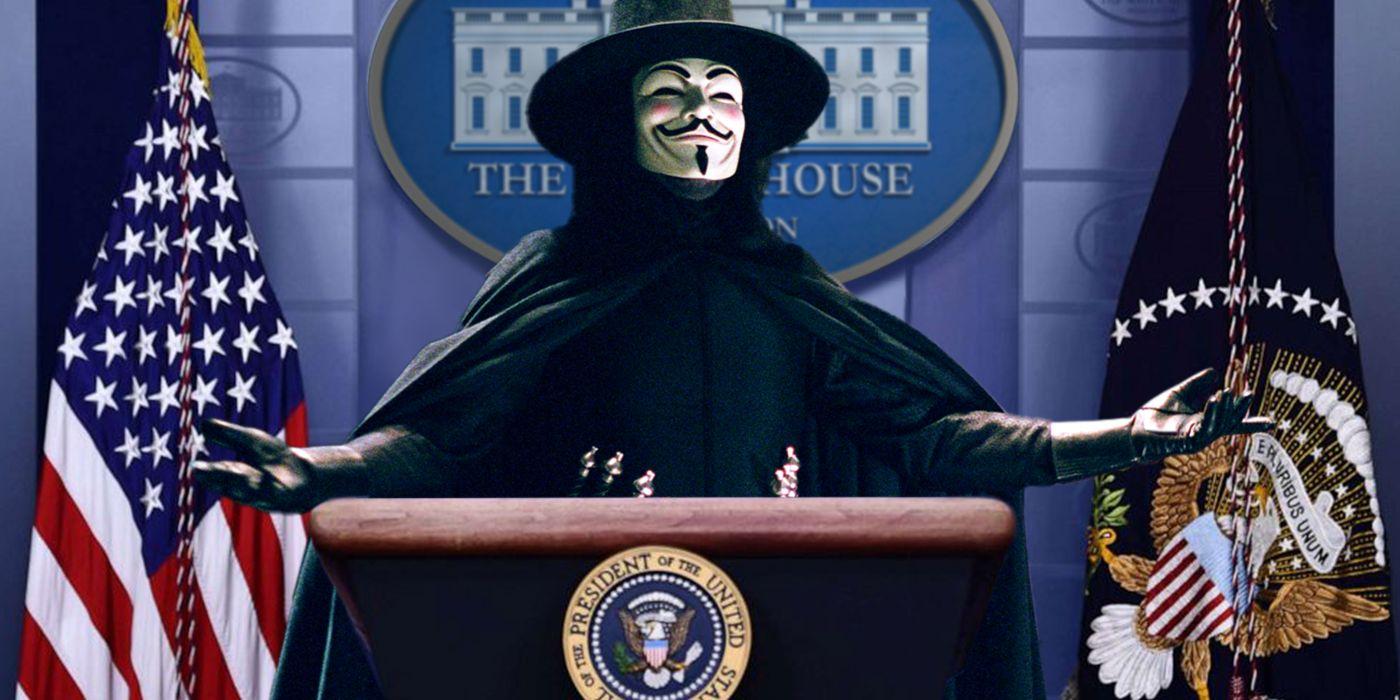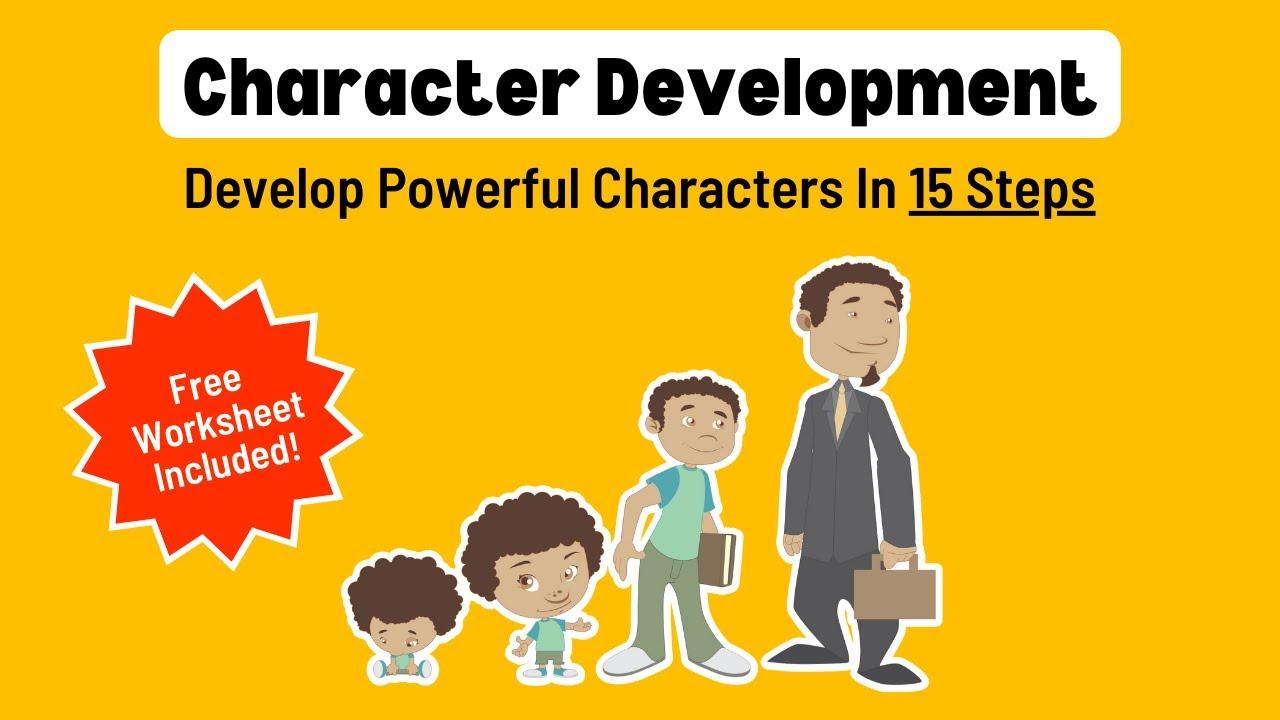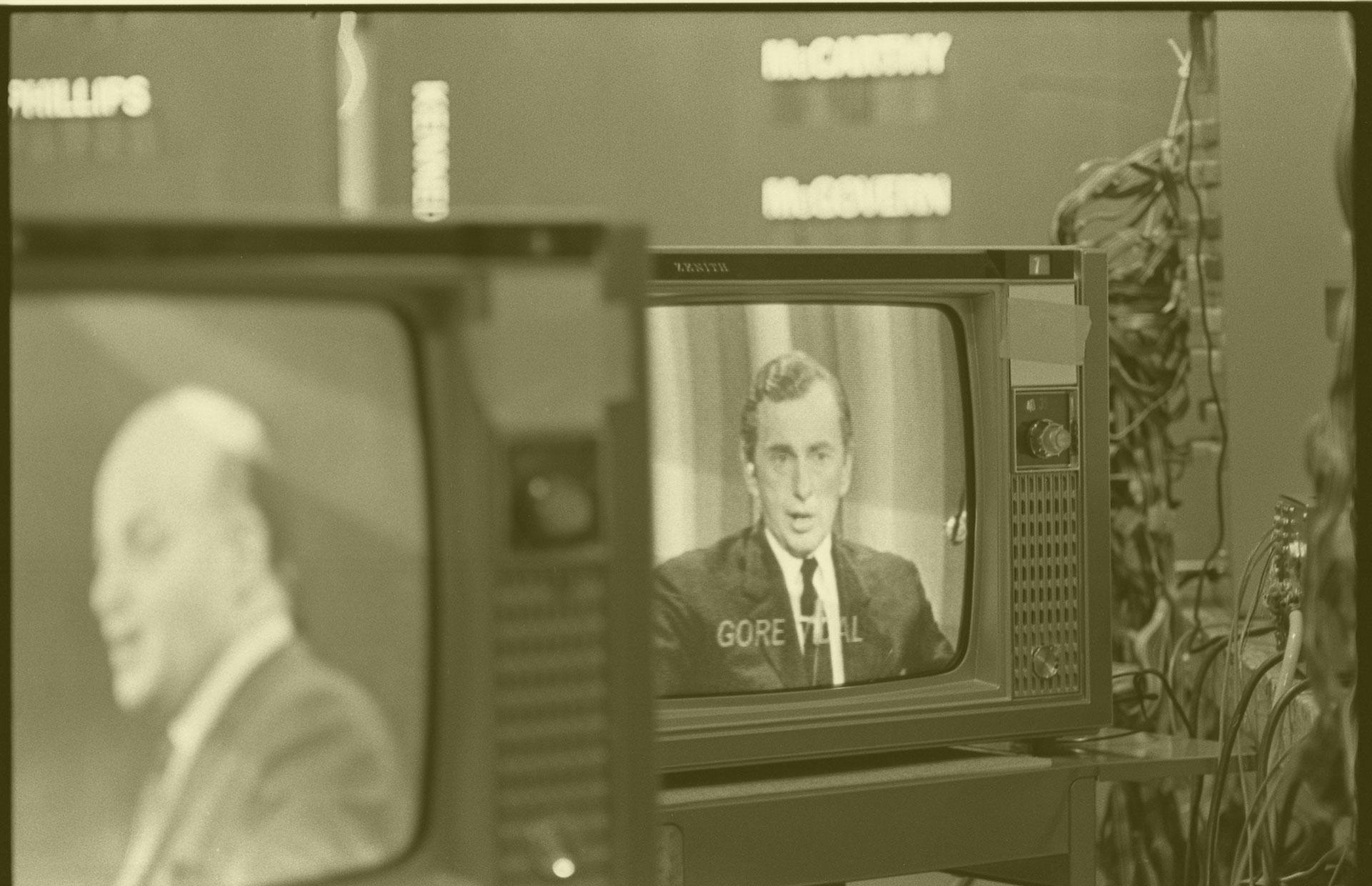In the realm of television, political dramas have carved out a distinct niche, captivating audiences with their intricate plots, complex characters, and astute reflections of real-world power dynamics. As viewers seek narratives that mirror the tumultuous and often enigmatic nature of politics, these dramas offer not only entertainment but also a lens through which to examine the machinations of governance and authority. This article delves into the , analyzing their impact on both the small screen and the broader cultural landscape. By exploring the thematic depth, narrative structure, and character development that define these series, we aim to understand why they resonate so profoundly with audiences and how they contribute to the ongoing discourse on political power and ethics.
Critically Acclaimed Storytelling and Realism in Political Dramas
In the realm of television, few genres capture the intricate dance of power and ambition as effectively as political dramas. These shows are lauded for their masterful storytelling and commitment to realism, immersing viewers in a world where every decision carries weight and consequences. The meticulous attention to detail and the depth of character development are what set these series apart, making them a staple for audiences who crave narratives that reflect the complexities of real-world politics.
- Character Depth: Political dramas often feature protagonists and antagonists who are richly layered, showcasing the multifaceted nature of political figures. These characters are neither wholly good nor evil, reflecting the nuanced reality of human motivations.
- Authentic Dialogue: The dialogue in these shows is crafted to mirror the sophisticated language of political discourse, providing viewers with an experience that feels both genuine and intellectually stimulating.
- Intricate Plotlines: The plots are woven with care, often drawing inspiration from historical events or current affairs, which adds a layer of authenticity and relevance to the narrative.
What truly elevates these series is their ability to resonate with viewers on a personal level. By exploring themes of power, corruption, and morality, political dramas invite audiences to reflect on the nature of leadership and the ethical dilemmas faced by those in positions of authority. This reflection is not only entertaining but also thought-provoking, encouraging viewers to engage with the content beyond the screen.

Character Development and Moral Complexity in Top Political Series
In the realm of political dramas, character development and moral complexity are pivotal elements that captivate audiences and drive the narrative forward. These series delve deep into the psyche of their characters, often blurring the lines between right and wrong. Intricate character arcs and moral dilemmas are not just plot devices but are woven into the very fabric of the story, challenging viewers to question their own beliefs and values.
Consider the following elements that define the moral complexity in these top-rated series:
- Ambiguous Morality: Characters often operate in gray areas, making decisions that are neither wholly good nor entirely evil.
- Internal Conflicts: Protagonists frequently face internal struggles, torn between personal desires and professional duties.
- Power Dynamics: The pursuit of power often leads to ethical compromises, highlighting the corrupting influence of ambition.
These series excel in crafting multi-dimensional characters whose growth is intricately linked to the political machinations they navigate. The moral complexity presented not only serves as a reflection of real-world politics but also engages viewers in a profound exploration of human nature and ethical decision-making.

Cinematic Excellence and Production Quality in Political Television
In the realm of political television, few elements are as critical as the intricate tapestry of cinematic excellence and production quality. These components not only elevate the narrative but also immerse viewers in a world where political machinations unfold with gripping intensity. The visual storytelling in top-rated political dramas is meticulously crafted, often employing a sophisticated blend of lighting, set design, and cinematography to reflect the underlying tension and complexity of political life.
Production teams often utilize a palette of muted tones and strategic lighting to convey the somber and clandestine nature of political environments. Attention to detail is paramount, with set designs that replicate the grandeur and gravitas of political institutions, providing an authentic backdrop that enhances the storytelling. The use of dynamic camera angles and movements adds a layer of suspense, drawing viewers deeper into the intricate plots and power struggles.
- Sound Design: The auditory landscape is carefully curated to complement the visual elements, using subtle sound cues to heighten dramatic moments.
- Costume Design: Wardrobe choices are meticulously selected to reflect character development and political hierarchy, further grounding the narrative in realism.
- Editing Techniques: Sharp editing ensures a seamless flow of the storyline, maintaining a brisk pace that keeps audiences engaged.
Ultimately, the fusion of these elements creates a compelling viewing experience that not only entertains but also provokes thought and discussion about the intricacies of political power. These shows set a benchmark in television production, demonstrating how high-quality craftsmanship can elevate political dramas to a form of art.
Audience Engagement and Cultural Impact of Political Dramas
Political dramas have long captivated audiences with their intricate plots and compelling character arcs, serving as both entertainment and a mirror to societal dynamics. These shows often spark conversations around current political climates, encouraging viewers to engage more deeply with real-world issues. By dramatizing the inner workings of government and power struggles, they provide a lens through which audiences can explore complex political themes, fostering a greater understanding and sometimes even influencing public opinion.
- Character Development: Political dramas excel in crafting multifaceted characters that reflect the moral ambiguities of real-life politics. This complexity invites viewers to question their own beliefs and biases, promoting a more nuanced perspective on political figures and their decisions.
- Storytelling Techniques: The use of cliffhangers, plot twists, and historical parallels keeps audiences engaged, while also providing a platform for critical reflection on past and present political events.
Moreover, the cultural impact of these dramas extends beyond entertainment. They often inspire public discourse and can even shape cultural narratives by highlighting underrepresented voices and issues. Shows like these have the power to challenge stereotypes and encourage viewers to consider alternative viewpoints, thus playing a pivotal role in shaping societal attitudes towards politics and governance.


